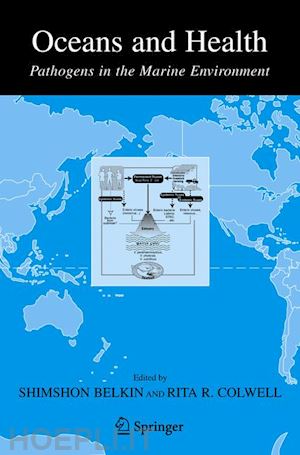The importance of combating infectious diseases has received international attention, p- viding the opportunity for a multidisciplinary approach that combines medicine with other scienti?candtechnologicalcapabilities,notablyinformationtechnology,nanotechnology,and biotechnology. In fact, it has been predicted that the future will bring a merging of these te- nologies with the cognitive and behavioral sciences—major forces that have the potential to balancetheworld’sinequities.Thescienti?ccommunityandworldleadersmustworktogether to use knowledge and its applications to improve the condition of the planet. The connection between infectious diseases and the oceans provides a paradigm for this perspective. A stark global context indisputably frames all human health issues in the twenty-?rst century: the world wide movement of people and goods. Throughout the past half century, international travel has skyrocketed; there are more than 500 million international arrivals per year. The greatest increase has taken place since the mid-1990s. The world has become integrated and global; consequently, the notion that it is possible to successfully eradicate a disease from the face of the planet has become simplistic. Infectious disease is a moving target and climate shifts will affect any disease that has an environmentally sensitive stage or vector. Recognizingsignalsfromclimatemodelsandincorporatingthemintohealthmeasurescanp- videnewopportunitiesforproactive—ratherthanreactive—approachestopublichealth.Thus, careful attention to the role of the oceans in human health can offer new avenues of research that will provide new means of predicting and preventing those diseases that are rooted in the environment. In this volume, pathogens in the sea are reviewed by Colin Munn, who provides a broader perspective for the topic of pathogenic microorganisms associated with the world oceans.











